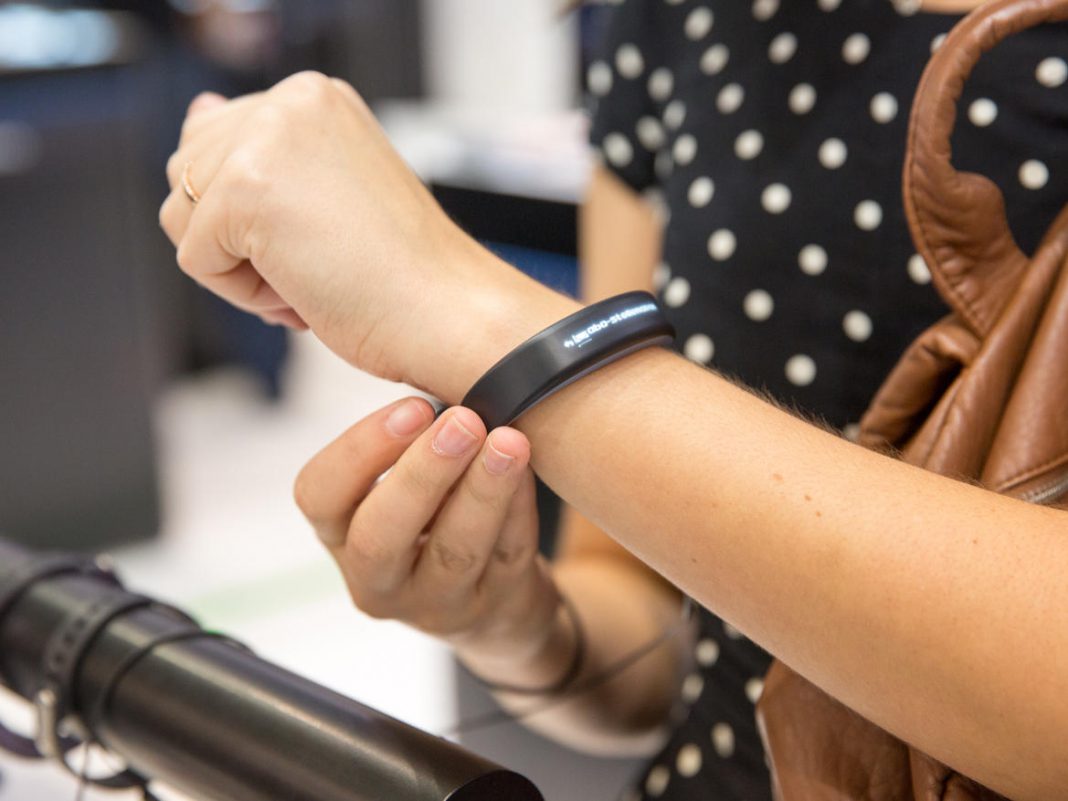From Jawbones, Apple Watches, FitBits, Mi Band, fitness trackers has gained enormous popularity in recent years. Those multi-coloured arm candies claim to be able to help you to get fitter and burn excess fat from your body, by keeping track of your steps, sleep and calorie intake.
However a new study suggests that fitness trackers may not useful for achieving weight loss.
Researchers from the University of Pittsburgh School Of Education’s Department of Health and Physical Activity in the US claim that participants without these trackers showed nearly twice the weight loss benefits at the end of the 24 months.
The study examined 470 people aged 18 to 35 for a two-year period. They were put on a low-calorie diet, asked to increase their participation in physical activity, and received weekly group-counseling sessions.

After six months, participants were divided into two groups. Half of the paricipants started logged their acitivity using a website. The other half were given fitness trackers to monitor their activity for 18 months.
Both groups showed significant improvements in body composition by the end of the study. But the group who used a fitness tracker had lost less weight than those who didn’t.
Those who wore a tracker lost 3.5kg on average, while the group monitoring their progress online lost an average of 5.9kg.
Through these observations, the team recognised that fitness trackers that monitor and record physical activity do not boost or provide an advantage over standard weight loss approaches that include behavioural counselling on weight loss programme.
One possible reason, said lead researcher Dr John Jakicic, is that the fitness tracker group may have been more likely to feel they owed themselves “treats” upon seeing their progress, leading them to lose less weight than the other group.

To sum it up, the lead researcher had this to say about the findings.
“The findings of our study are important because effective long-term treatments are needed to address America’s obesity epidemic. We’ve found that questions remain regarding the effectiveness of wearable devices and how to best use them to modify physical activity and diet behaviours in adults seeking weight loss.”
He continued, “These devices should not be relied upon as tools for weight management in place of effective behavioral counseling for physical activity and diet.”
There is no magic trick or shortcut to weight loss. To achieve a fitter and healthier body, one must be determined to have a change of lifestyle. Same goes for fitness devices. What you’ve got is a tool, and if used correctly, it can be an amazing aid for motivation.
Read also: How To Wash Your Workout Clothes The Right Way
– Cover Image: tutto-sport.net









